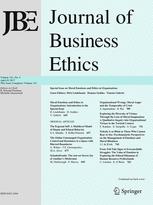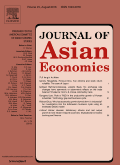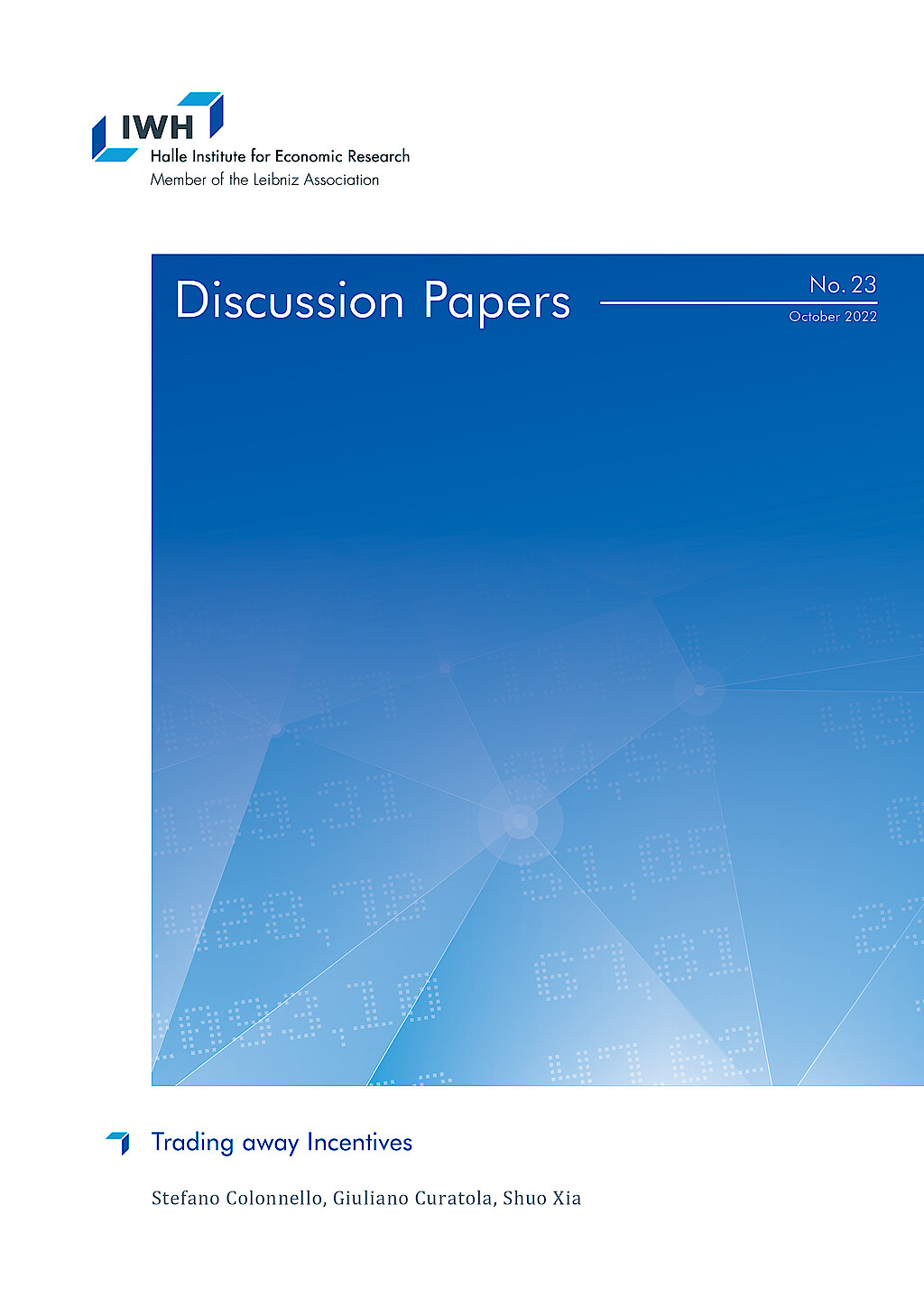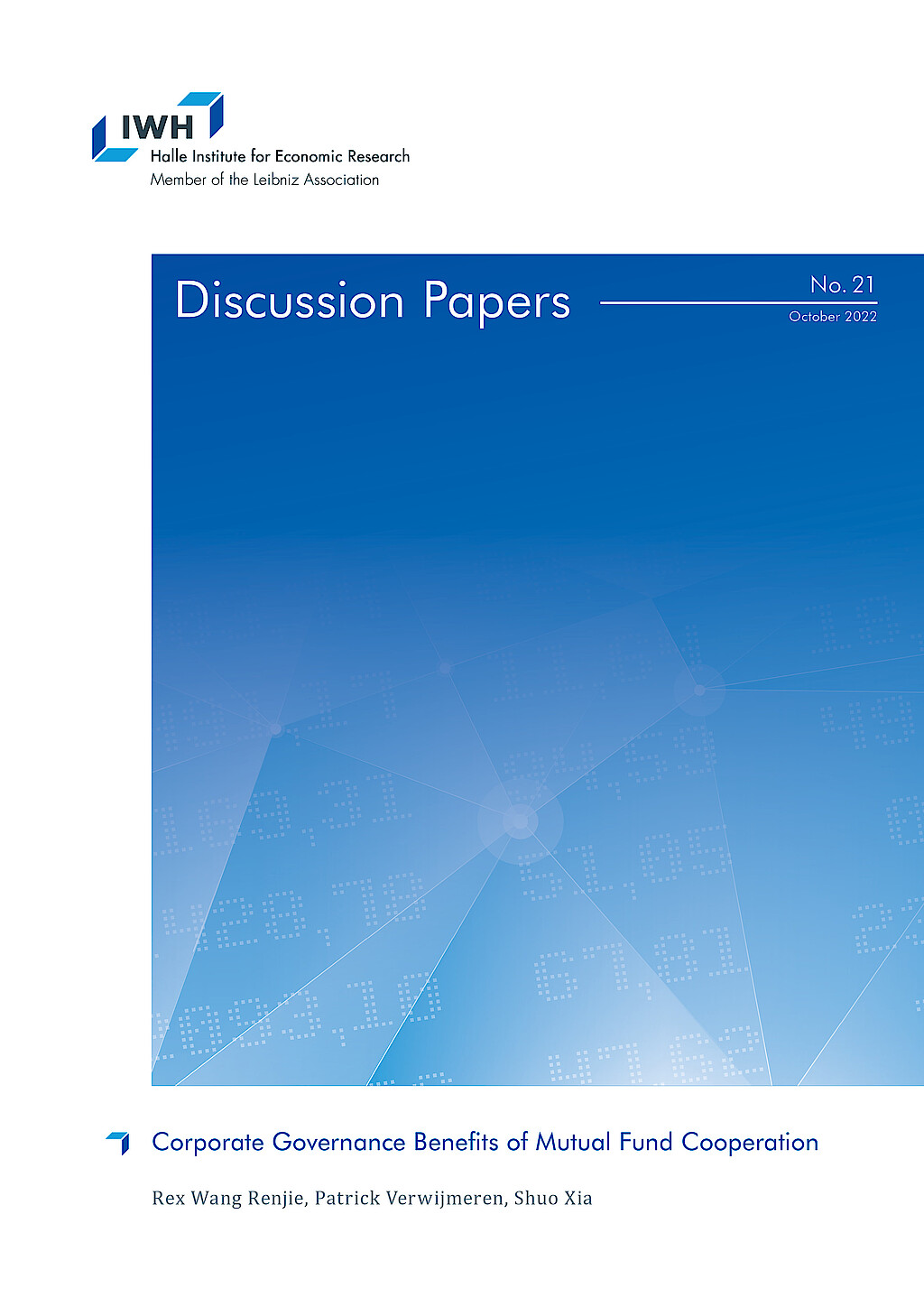Governance and Finance
Corporate governance today is about more than just making profits for shareholders. It now aims to balance the needs of all stakeholders-employees, investors, creditors, and business partners. Good governance helps companies run better, attract talent, gain customer trust, and lower financial costs. Conversely, poor governance can lead to scandals, job losses, and broken contracts.
The “Governance and Finance” research group studies how governance works in modern financial markets. One of the focuses is on how firms choose, motivate, and keep talented leaders, especially CEOs, since exemplary leadership is key to company success.
The group is also interested in investigating how changes in financial markets, like the rise of big shareholders, activist investors, or even creditors, affect company decisions. The goal is to understand how different players and institutions influence company behavior and what that means for the future of business.
Research Cluster
Financial Resilience and RegulationYour contact

- Department Financial Markets
Refereed Publications

Compensation Regulation in Banking: Executive Director Behavior and Bank Performance after the EU Bonus Cap
in: Journal of Accounting and Economics, No. 1, 2023
Abstract
The regulation that caps executives’ variable compensation, as part of the Capital Requirements Directive IV of 2013, likely affected executive turnover, compensation design, and risk-taking in EU banking. The current study identifies significantly higher average turnover rates but also finds that they are driven by CEOs at poorly performing banks. Banks indemnified their executives by off-setting the bonus cap with higher fixed compensation. Although our evidence is only suggestive, we do not find any reduction in risk-taking at the bank level, one purported aim of the regulation.

Short-Selling Threats and Bank Risk-Taking: Evidence from the Financial Crisis
in: Journal of Banking and Finance, May 2023
Abstract
The focus of this paper is whether the Securities and Exchange Commission's Regulation SHO strengthens or weakens the effect of short-selling threats on banks’ risk-taking. The evidence shows that pilot banks with looser constraints on short-selling increased their risk-taking during the financial crisis of 2007–2009. The reason is that short-selling threats improved the information environment and mitigated the agency problems of banks during the pilot program that led to greater risk-taking by pilot banks. Additionally, this effect is mainly driven by pilot banks with poor corporate governance, or high information asymmetry. Overall, our paper provides novel evidence that the disciplinary role of short-sellers had a positive effect on bank risk-taking during the financial crisis.

Institutions and Corporate Reputation: Evidence from Public Debt Markets
in: Journal of Business Ethics, No. 1, 2023
Abstract
Using data from China’s public debt markets, we study the value of corporate reputation and how it interacts with legal and cultural forces to assure accountability. Exploring lawsuits that change corporate reputation, we find that firms involved in lawsuits experience a decrease in bond values and a tightening of borrowing terms. Using the heterogeneities in legal and social capital environments across Chinese provinces, we find the effects are more pronounced for private firms, firms headquartered in provinces with low legal protections, and firms headquartered in provinces with high social capital. The results show that lawsuits that allege misconduct are associated with reputational penalties and that such penalties serve as substitutes for legal protections and as complements to cultural forces to provide ex post accountability and motivate ex ante trust.

COVID-19 Pandemic and Global Corporate CDS Spreads
in: Journal of Banking and Finance, February 2023
Abstract
We examine the impact of the COVID-19 pandemic on the credit risk of companies around the world. We find that increased infection rates affect firms more adversely as reflected by the wider increase in their credit default swap (CDS) spreads if they are larger, more leveraged, closer to default, have worse governance and more limited stakeholder engagement, and operate in more highly exposed industries. We observe that country-level determinants such as GDP, political stability, foreign direct investment, and commitment to crisis management (income support, health and lockdown policies) also affect the sensitivity of CDS spreads to COVID-19 infection rates. A negative amplification effect exists for firms with high default probability in countries with fiscal constraints. A direct comparison between global CDS and stock markets reveals that the CDS market prices in a distinct set of corporate traits and government policies in pandemic times.

Trust and Contracting with Foreign Banks: Evidence from China
in: Journal of Asian Economics, December 2022
Abstract
We empirically investigate whether firms doing business in regions characterized as having high social trust receive preferential treatment on loan contractual terms by foreign banks. Tracing cross-border syndicated lending activities in China, we document that firms located in provinces with higher social trust scores obtain significantly low costs of bank loans and experience less stringent collateral requirement. To address the potential endogeneity issues, we adopt an instrumental variable approach and a two-sided matching model, and report consistent results. We also estimate a system of three equations through three-stage-least square estimator to accommodate the joint determination of price and non-price terms in loan contracts. In addition, we find that the effect of social trust on cost of bank loans is more prominent for firms located in provinces with relatively less developed formal institutions.
Working Papers

Trading away Incentives
in: IWH Discussion Papers, No. 23, 2022
Abstract
Equity pay has been the primary component of managerial compensation packages at US public firms since the early 1990s. Using a comprehensive sample of top executives from 1992-2020, we estimate to what extent they trade firm equity held in their portfolios to neutralize increments in ownership due to annual equity pay. Executives accommodate ownership increases linked to options awards. Conversely, increases in stock holdings linked to option exercises and restricted stock grants are largely neutralized through comparable sales of unrestricted shares. Variation in stock trading responses across executives hardly appears to respond to diversification motives. From a theoretical standpoint, these results challenge (i) the common, generally implicit assumption that managers cannot undo their incentive packages, (ii) the standard modeling practice of treating different equity pay items homogeneously, and (iii) the often taken for granted crucial role of diversification motives in managers’ portfolio choices.

Corporate Governance Benefits of Mutual Fund Cooperation
in: IWH Discussion Papers, No. 21, 2022
Abstract
Mutual fund families increasingly hold bonds and stocks from the same firm. We study the implications of such dual holdings for corporate governance and firm decision-making. We present evidence that dual ownership allows financially distressed firms to increase investments and to refinance by issuing bonds with lower yields and fewer restrictive covenants. As such, dual ownership reduces shareholder-creditor conflicts, especially when families encourage cooperation among their managers. Overall, our results suggest that mutual fund families internalize the shareholder-creditor agency conflicts of their portfolio companies, highlighting the positive governance externalities of intra-family cooperation.

Why Do Workers at Larger Firms Outperform?
in: Working Paper, 2020
Abstract
Workers at larger firms outperform on average. For example, equity analysts working for more reputable brokerage firms produce more accurate earnings forecasts. Analysts employed by the highest ranked brokerages are about 6% more accurate than those employed by the lowest ranked brokerages, which is equivalent to an advantage of 17.5 years of more experience. This outperformance is driven by two significant effects: more reputable firms provide more resources that improve analysts' forecasting ability (influence), while more reputable firms also attract more talented candidates (sorting). We estimate a two-sided matching model to disentangle these two effects. We find that the direct influence effect accounts for 73% of the total impact while the sorting effect accounts for the remaining 27%.

Lame-Duck CEOs
in: SSRN Working Papers, 2018
Abstract
We examine the relationship between protracted CEO successions and stock returns. In protracted successions, an incumbent CEO announces his or her resignation without a known successor, so the incumbent CEO becomes a “lame duck.” We find that 31% of CEO successions from 2005 to 2014 in the S&P 1500 are protracted, during which the incumbent CEO is a lame duck for an average period of about 6 months. During the reign of lame duck CEOs, firms generate an annual four-factor alpha of 11% and exhibit significant positive earnings surprises. Investors’ under-reaction to no news on new CEO information and underestimation of the positive effects of the tournament among the CEO candidates drive our results.

Selection Versus Incentives in Incentive Pay: Evidence from a Matching Model
in: SSRN Working Papers, 2018
Abstract
Higher incentive pay is associated with better firm performance. I introduce a model of CEO-firm matching to disentangle the two confounding effects that drive this result. On one hand, higher incentive pay directly induces more effort; on the other hand, higher incentive pay indirectly attracts more talented CEOs. I find both effects are essential to explain the result, with the selection effect accounting for 12.7% of the total effect. The relative importance of the selection effect is the largest in industries with high talent mobility and in more recent years.










